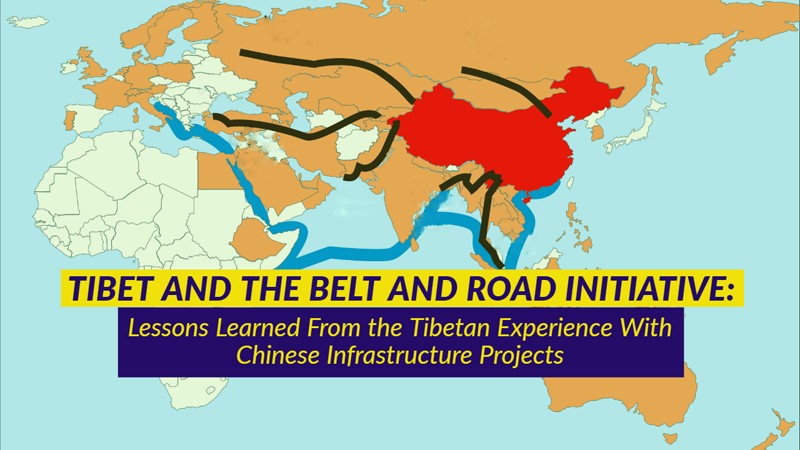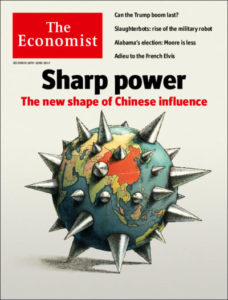 China’s Belt and Road Initiative has been described by President Xi Jinping as the “project of the century.” But with resistance growing, the vulnerabilities of China’s ascent are beginning to reveal opportunities for the United States to offer desirable alternatives, notes James Schwemlein, a nonresident scholar in the South Asia Program at the Carnegie Endowment for International Peace:
China’s Belt and Road Initiative has been described by President Xi Jinping as the “project of the century.” But with resistance growing, the vulnerabilities of China’s ascent are beginning to reveal opportunities for the United States to offer desirable alternatives, notes James Schwemlein, a nonresident scholar in the South Asia Program at the Carnegie Endowment for International Peace:
As belt and road investments have rolled out across the world, they have been dogged by allegations of corruption and enabled by China’s willingness to seemingly ignore poor governance in its partners. This dynamic is unsustainable. Malaysia and Pakistan, two of the largest beneficiaries of Chinese investment in recent years, are the latest to demonstrate concerns with Chinese belt and road initiatives in their nations.
 These examples highlight vulnerabilities in China’s economic rise, and present opportunities for the United States, Schwemlein adds:
These examples highlight vulnerabilities in China’s economic rise, and present opportunities for the United States, Schwemlein adds:
- First, ostracising states that accept Chinese investment or support is a mistake. Rather, the US should offer serious alternatives. That does not mean offering to replicate China’s plans– because as Mahathir and Khan point out, not every infrastructure project makes sense. Rather, the US should meet partners at their priorities.
- Second, local interests still trump geopolitics. It is a mistake to confuse indications of local resistance to Chinese investments as strategic rebuke against China’s rise. Malaysia and Pakistan may choose to curtail Chinese investment plans, but China remains a large player in both markets. …
- Third, the US needs to remain active and opportunistic across Asia. A successful competitive strategy requires vigilance, diligence and persistence. That the challenges are occurring in complicated democracies is a reminder of the underlying resilience of liberal institutions, even amid America’s crisis of confidence.
The case of Tibet foreshadows the potential risks that BRI partners face. By examining the policies, techniques, and infrastructure initiatives carried out in Tibet by the CCP for the past sixty years, BRI partners can better understand the CCP’s long-term objectives and the risks associated with the BRI.
In a forthcoming panel discussion, Lobsang Sangay, Shanthi Kalathil, and John Knaus will discuss China’s growing authoritarian influence and why Tibet should serve as a cautionary warning to the world.
 The National Endowment for Democracy
The National Endowment for Democracy
invites you to a conversation with
Sikyong Lobsang Sangay
President, Central Tibetan Administration
Shanthi Kalathil
Senior Director, International Forum for Democratic Studies
moderated by
John Knaus
Senior Director for Asia, National Endowment for Democracy
A light breakfast will be served
Tuesday, November 13, 2018. 9:00 a.m.–10:30 a.m.
1025 F Street N.W., Suite 800, Washington, DC 20004
All attendees must RSVP in advance online, as there will be no on-site registration.







